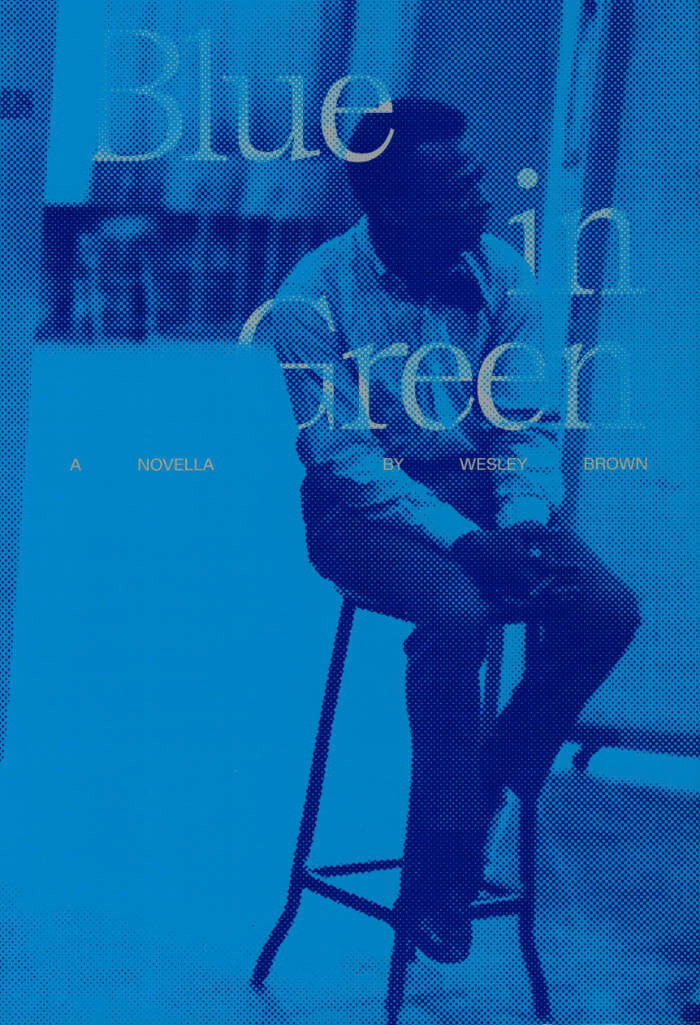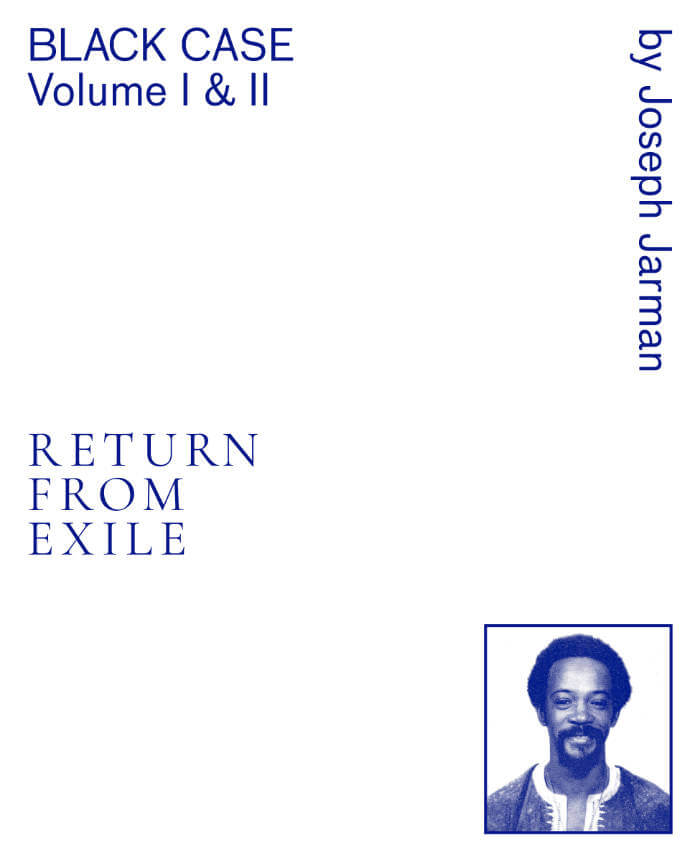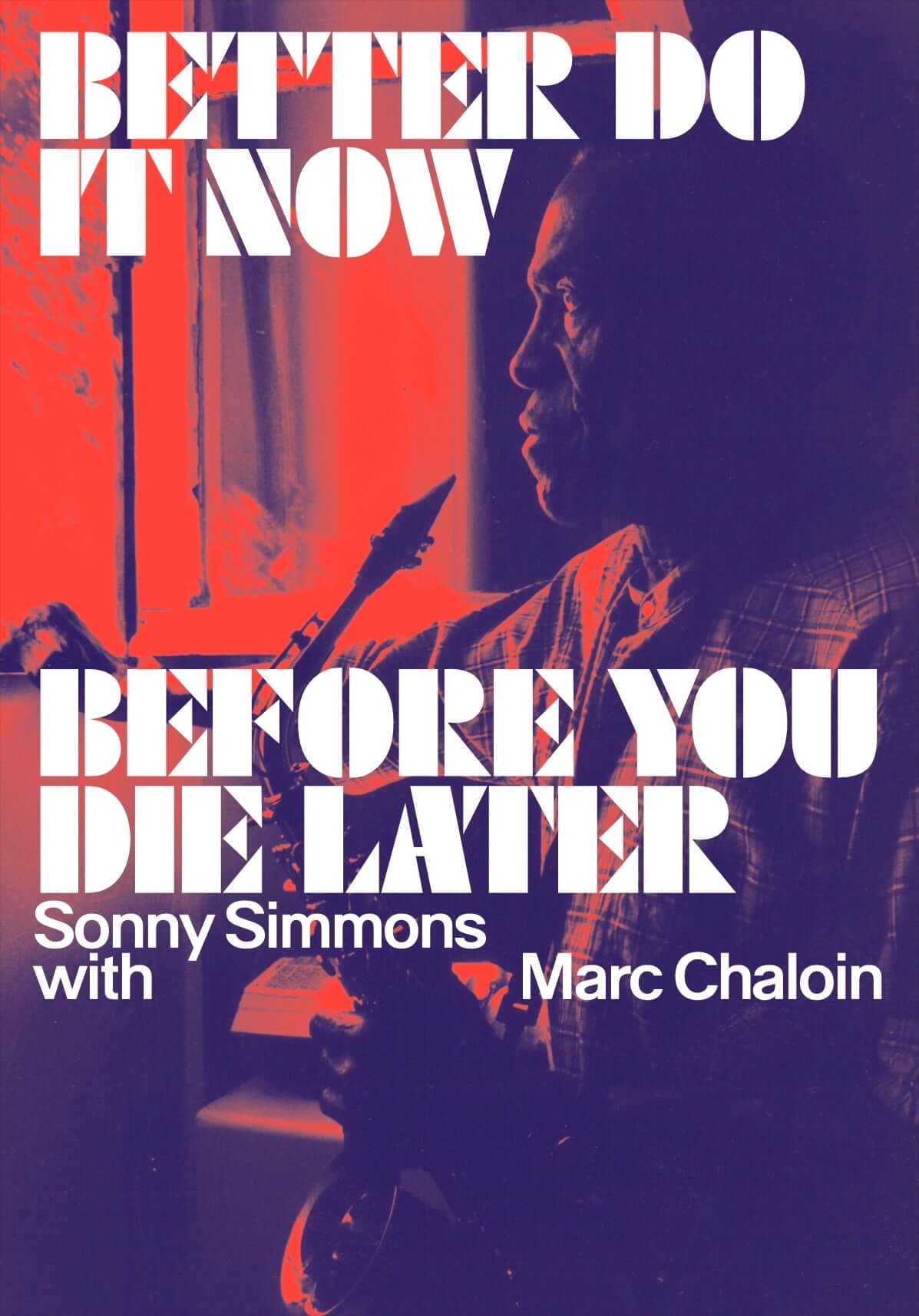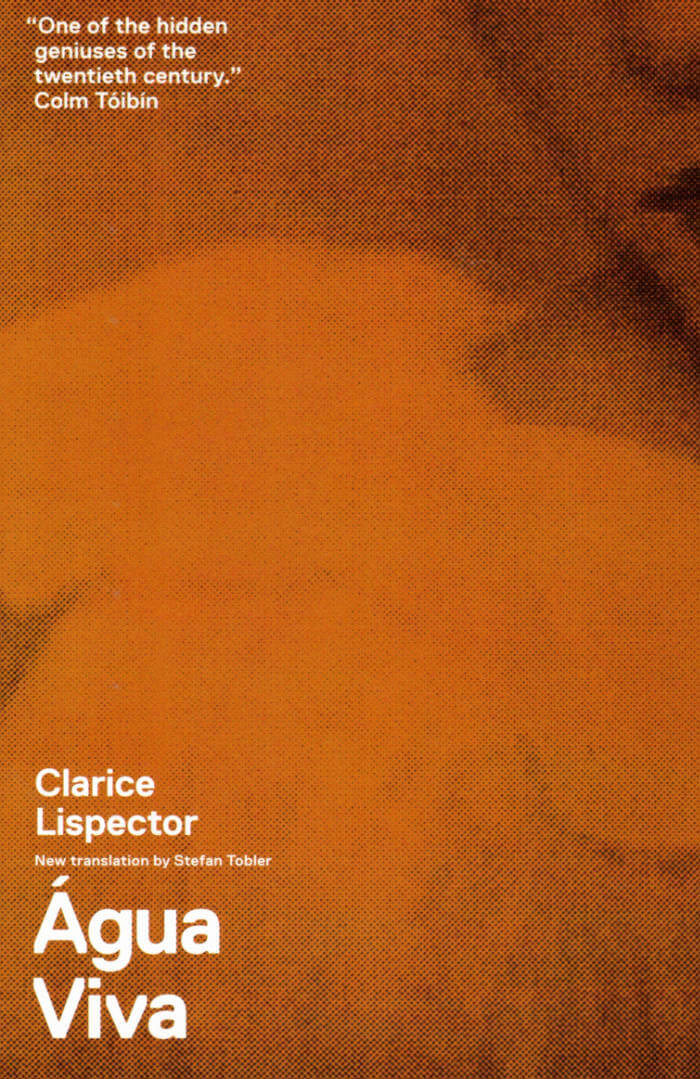
Blue in Green
Wesley Brown narrates the day when trumpeter Miles Davis was assaulted by the New York Police Department. A dramatic and humorous story, told from multiple perspectives including that of Frances Taylor, Davis's wife, and the musicians in Davis's bands: a timely meditation on the psychological impact of police brutality, through the lens of a day in the life of Miles Davis.
The latest work from the veteran novelist called "one hell of a writer" by James Baldwin and "wonderfully wry" by Donald Barthelme, Blue in Green narrates one evening in August 1959, when, mere weeks after the release of his landmark album Kind of Blue, Miles Davis is assaulted by a member of the New York City Police Department outside of Birdland. In the aftermath, we enter the strained relationship between Davis and the woman he will soon marry, Frances Taylor, whom he has recently pressured into ending her run as a performer on Broadway and retiring from modern dance and ballet altogether. Frances, who is increasingly subject to Davis's temper—fueled by both his professional envy and substance abuse— reckons with her disciplined upbringing, and, through a fateful meeting with Lena Horne, the conflicting demands of motherhood and artistic vocation. Meanwhile, blowing off steam from his beating, Miles speeds across Manhattan in his sports car. Racing alongside him are recollections of a stony, young John Coltrane, a combative Charlie Parker, and the stilted world of the Black middle class he's left behind.
"Wesley Brown is a writer's writer. His dialog in Blue in Green is remarkable. He knows the varieties of the American language in and out. We get fascinating portraits of Dizzy Gillespie, Thelonious Monk, Billie Holiday, Clark Terry, Lena Horne, Katherine Dunham, Eartha Kitt, and others. An insider named Freeloader provides comic relief. Before the salespersons dictated trends in Black literature, a major publisher would have published this book. Thanks to Blank Forms and other midsize presses, the Black literary tradition, whose fictional standards were set by Brooks, Wright, Himes, Polite, Bambara, and others, is alive." — Ishmael Reed
Published in 2022 ┊ 68 pages ┊ Hardcover ┊ Language: English







